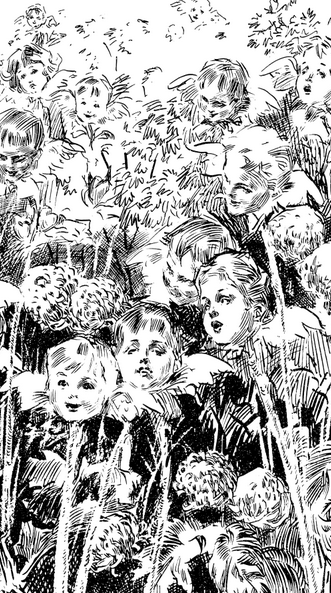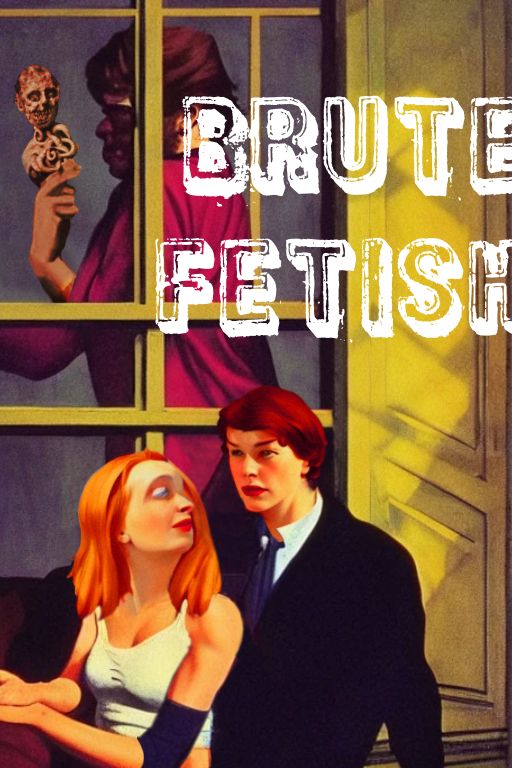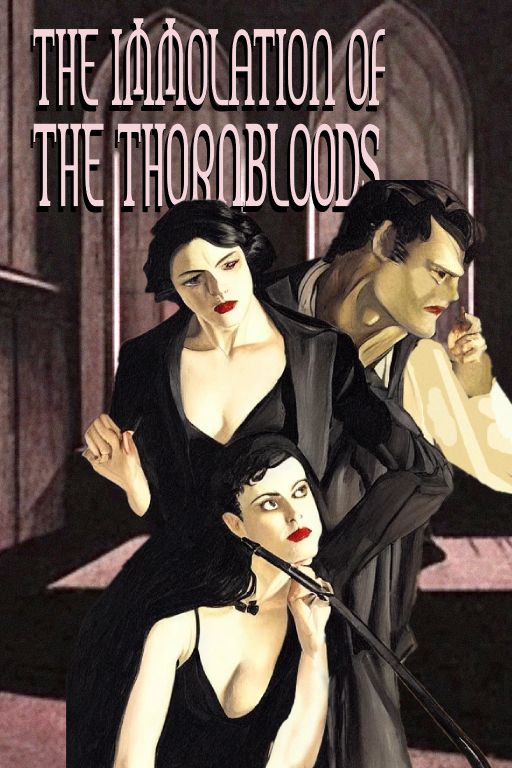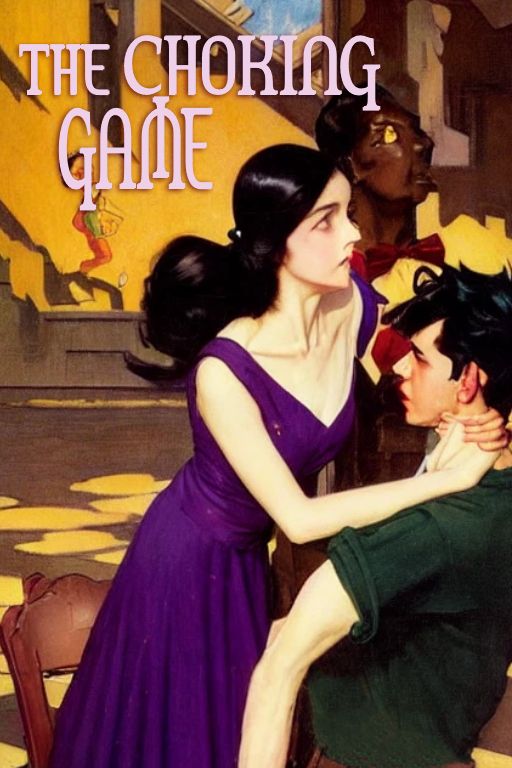Spooktober is a 31 day event of coming up with original horror ideas based on prompts my writing group argues over. These are my entries.
SPOOKTOBER DAY #11 — Cult
TITLE: It’s the Orb for You, Ladies!
PREMISE: Zinnia and Bernadette were in legal trouble for anarcho-socialist activity at the university, and began to glimpse men in suits spying on them. To escape the heat, they accept a serendipitous invite to a lady retreat at the luxurious Marbled Heron Lodge in rural Ontario. Little did they suspect, a cult had seen their activism and assumed it meant they were down with destroying civilization – targets for recruitment.
HORROR ELEMENT: Stuck in a cabin for a week with cultists seeking your heart by carrot and stick. Watch what you say or you’ll get the orb too.
Poster by AI, modified with photoshop.


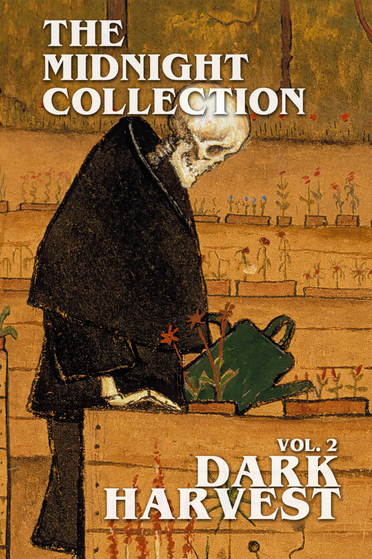 This second installment is themed “Dark Harvest.” This is basically done without profit at this point. I’m just pimping it because I’m a contributor, and I’d love to hear what you think of my writing. Although I am really curious what reviewers, casual or serious, will think of all the stories.
This second installment is themed “Dark Harvest.” This is basically done without profit at this point. I’m just pimping it because I’m a contributor, and I’d love to hear what you think of my writing. Although I am really curious what reviewers, casual or serious, will think of all the stories.